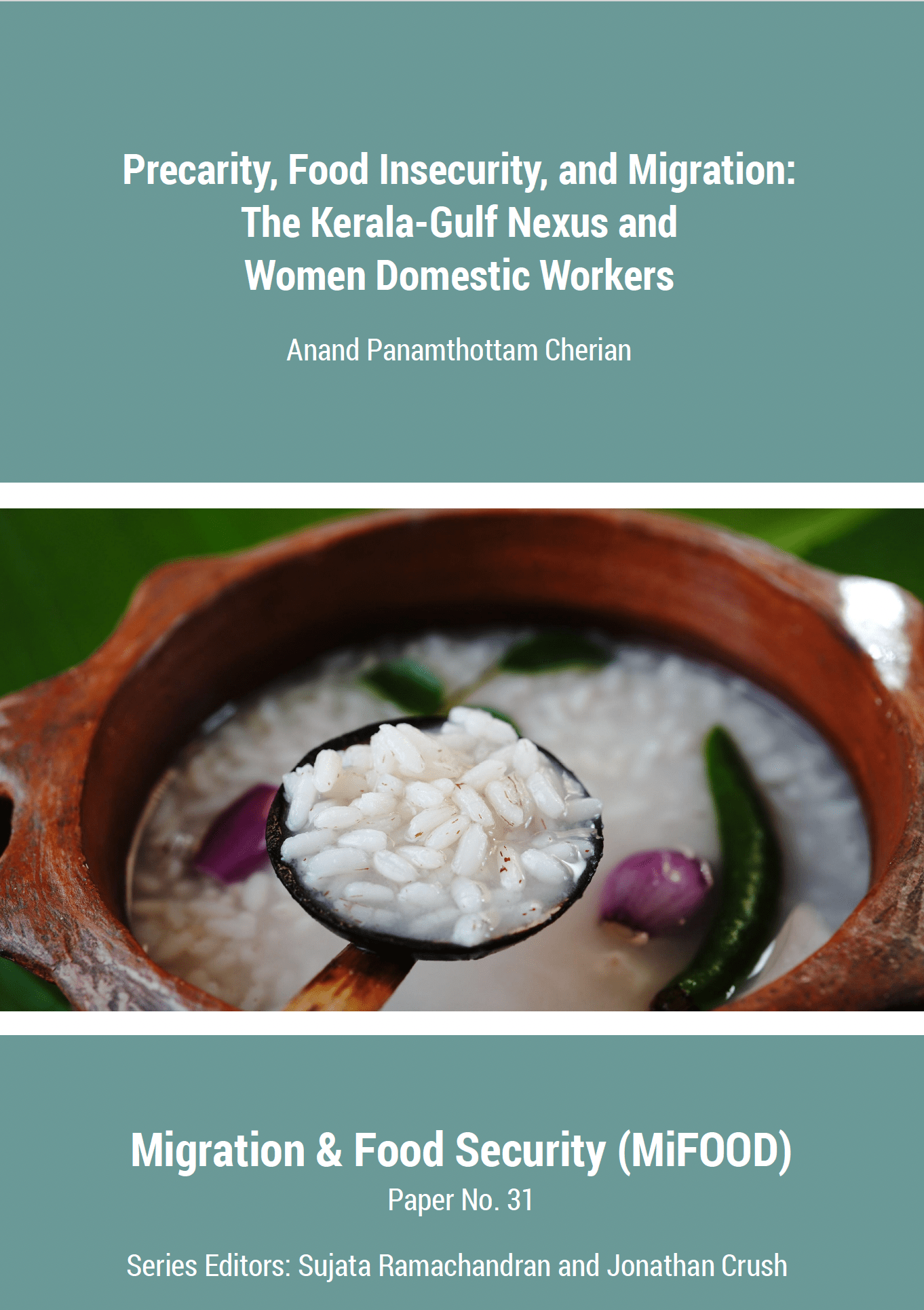Low-skilled Malayali women migrants employed as domestic laborers in Gulf Cooperation Council (GCC)1 countries navigate a transnational labor system that entrenches gendered hierarchies and structural inequalities. Ethnographic fieldwork conducted in Kerala and the United Arab Emirates utilizing biographical methods such as life history and oral history reveals that migration, often envisioned as a pathway to economic security, intensifies vulnerabilities through layers of exclusion, exploitation, and deprivation. These women’s lived experiences underscore the precarious conditions that define their labor trajectories, shaped by systemic governance failures and socio-cultural dynamics.
Food security, positioned at the nexus of material survival and symbolic significance, emerges as a contested site of power and dignity. For these migrant workers, access to food serves as a daily negotiation of belonging, reflecting broader socio-political asymmetries. The denial of adequate nutrition functions as a mechanism of control and manifests as structural violence, amplifying their marginalization within labor markets reliant on their invisibility. The biopolitical governance of food insecurity underscores its dual role as both a catalyst for migration and an outcome of exploitative global labor systems.
By engaging critically with the linkages between migration, gender, and labor, this analysis highlights how the systemic marginalization of low-wage migrant women perpetuates cycles of precarity. Food insecurity, far from being a mere indicator of economic deprivation, exposes the deeper dynamics of dispossession and control that characterize their experiences. These findings call for a fundamental rethinking of labor governance to foreground the dignity, rights, and well-being of migrant workers in transnational migration circuits.

